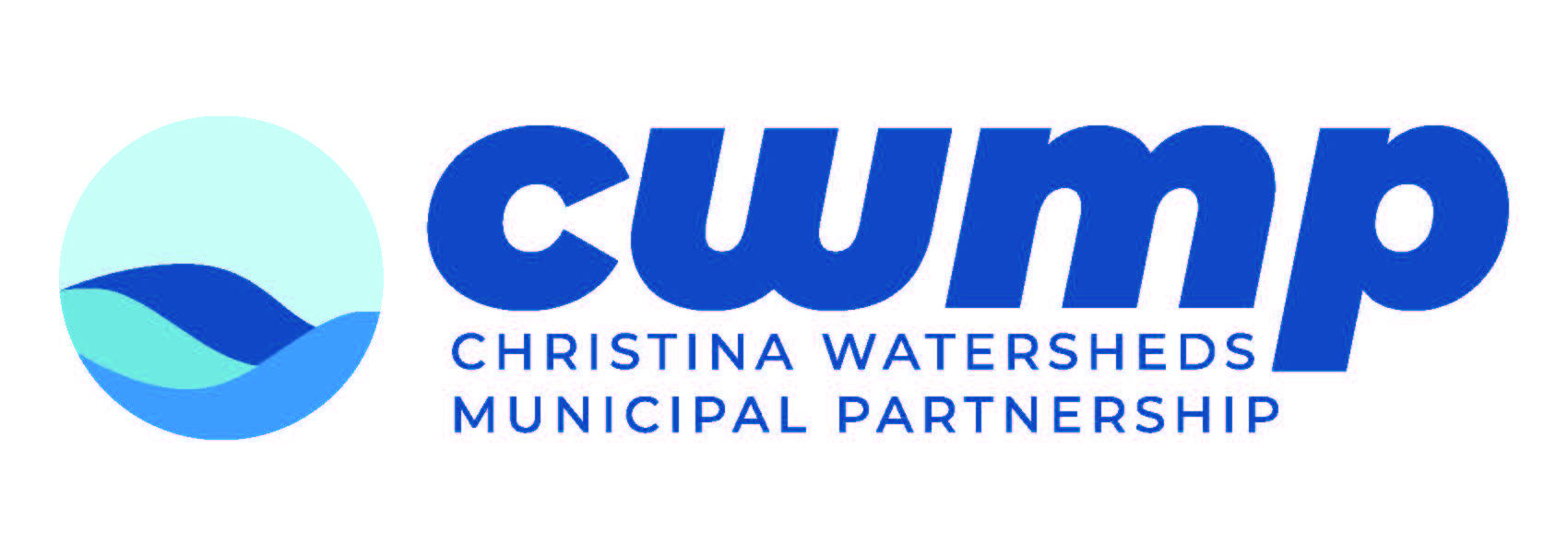The municipal separate storm sewer system (MS4) permit is one element of how water quality is protected in Chester County. These permits are part of how we manage the amount of pollution entering our streams and rivers, along with: permits for sewage treatment plants; manufacturing plants that discharge directly to a stream; permits to dredge wetlands; and requirements that farmers have up-to-date conservation and nutrient management plans.
MS4 permits are required where development is dense enough that runoff from roads and rooftops pollutes local rivers and streams. Because the municipality regulates these land uses, the municipality is required to clean up the polluted runoff before it gets to the rivers and streams.
If the details of stormwater regulation are new to you, we suggest you start with this Penn State Extension video. Or, you could try this guide, which covers the same material in more depth. Both do a fine job of introducing residents to the Municipal Separate Storm Sewer (MS4) concept and related regulatory obligations, which include a number of best management practices (BMPs) organized under six minimum control measures (MCMs).
MS4 permits are managed under the National Pollutant Discharge Elimination System (NPDES). The goal of NPDES is to reduce pollution below the natural capacity of our waterways to process it. Increasing development and its impacts on water quality has led the US Environmental Protection Agency (EPA) to expand the number of MS4s required to meet NPDES requirements, as described in this fact sheet. In essence, municipalities must apply for MS4 permits whenever all or part of the municipality includes an urbanized area as defined by the Bureau of the Census. The EPA has delegated oversight of this program in Pennsylvania to the Department of Environmental Protection (DEP). If only a small area of a municipality is classified as an Urban Area, the governing board can apply for a waiver to grant them exemption from the program. In Chester County, 67 of the County’s 73 municipalities are required to apply for an MS4 permit or submit a waiver request. During the most recent round of permitting, DEP has issued waivers to five of these 67 municipalities.
In Pennsylvania, all but Pittsburgh and Philadelphia are classified as small MS4s (having fewer than 100,000 residents). Most small MS4’s are eligible to apply using a General Permit. Municipalities with discharges to streams designated as High Quality or Exceptional Value, outfalls that contain toxic or hazardous pollutants or that co-mingle with non-stormwater discharge, or outlet to a stream with designated pollutants loads are not eligible for a General Permit, and thus must apply for an Individual Permit. To determine if your local streams are classified as Exceptional Value or High Quality, visit the Chester County Water Resources Authority’s (CCWRA) interactive map, and click on the “Protected Uses” tab.
PA DEP assesses streams throughout the state and classifies them as unhealthy (“impaired”) or healthy (“attaining”) based on whether they are meeting the water quality standards assigned to their designated uses. More information about DEP’s stream classifications can be found here. You can click on the “Impaired Waters” tab in this interactive map to see impaired streams in your municipality and the causes of impairment.
Some impaired streams are assigned a Total Maximum Daily Load (TMDL), which identifies the maximum amount of a certain pollution that a water body can handle while still meeting water quality standards. This video describes this process in more detail. The underlying related-terminology in the regulatory process can be a bit arcane, so this “Practitioner’s Translation,” prepared by the CCWRA in 2011, may help. If a stream with a TMDL flows through a municipality’s urbanized area, the municipality must develop a TMDL plan as part of its MS4 permit application that outlines how it is going to work toward reducing the amount of pollution in its runoff to help meet that stream’s defined pollution load capacity.
Not all impaired streams have been assigned TMDLs. Under the current permit cycle, if a municipality’s stormwater infrastructure discharges to a stream impaired by nitrogen, phosphorus, or sediment, municipalities applying for MS4 permits must submit Pollution Reduction Plans (PRPs) that detail how they intend to meet pollution reduction targets. Pennsylvania’s DEP has provided a guidance memo addressing challenging aspects of drafting such plans. Under future permit cycles, the DEP could require MS4s to develop PRPs for additional impairments beyond nitrogen, phosphorus, and sediment.
